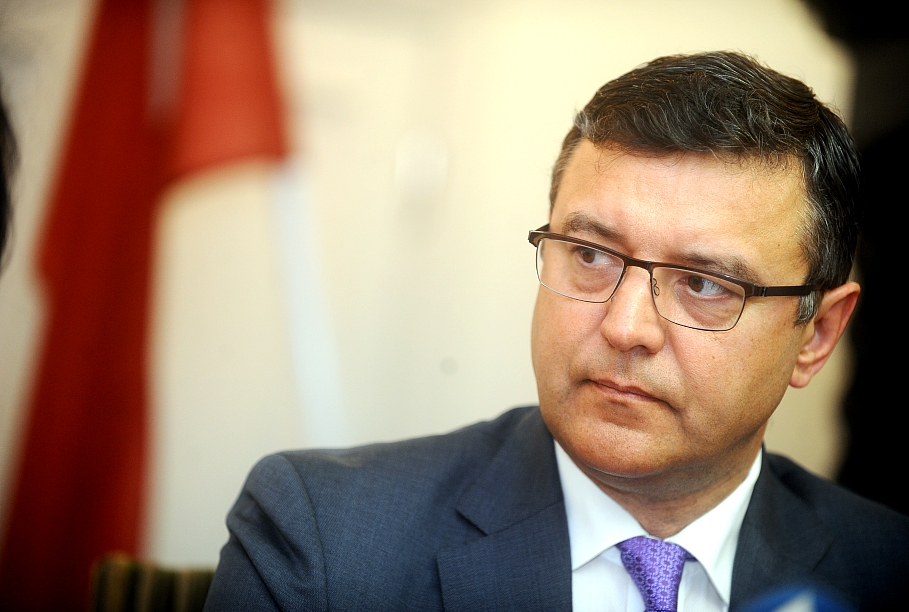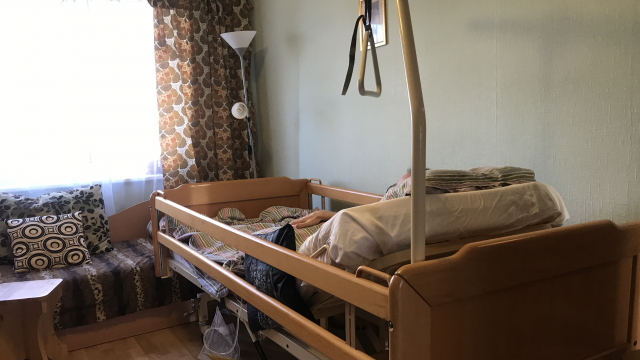The apology was issued at the Riga Castle, in a conference by the SOS Children's Villages Latvia. The conference discussed the need for a family environment to children who have no opportunity to grow up in a family of their own.
Professionals working in childcare institutions, as well as people who've grown up in orphanages spoke at the conference. It was repeatedly stressed that children cannot be blamed for not having a family to take care about them, and such children mustn't be punished by being placed in institutions. Instead, they should grow up in a family environment where they are cared about.
The Welfare Minister said it is not acceptable nowadays for children to grow up in institutions.
"I would like to apologize, on behalf of the country, both to the people whose lives were irreversibly broken, and to those of them who have been able to make a life of their own despite facing enormous obstacles," the minister said.
"I would like to apologize for the fact that there are still orphanages and similar institutions in Latvia, even though the state has declared that every child should grow up in a family environment," Reirs said.
“The ice has started to move”
The ice has started moving, and state institutions know they cannot continue this way. That's how Karīna Pētersone, who grew up at an orphanage, commented the minister's announcement. She shared her story about the abuse she suffered at an orphanage and a boarding school. More than 88,000 people have read the story, which appeared online.
"The public apology by Mr. Reirs was very important to me personally. I finally felt like a human being. I think it's a huge signal that the state is assuming a stricter stance and position on the 'children of the system'," Pētersone said.
While the process is slow and heavy-handed, the so-called deinstitutionalization project is going ahead. The EU-wide deinstitutionalization project seeks to halve the number of children staying in such institutions by 2024 and improve existing facilities.
Latvia is implementing a number of changes starting next year, including making social tax payments for foster families out of work and encouraging specialized foster families.
Earlier this year, a long-running Latvian Radio strand titled the 'Children of the System' examined what appeared to be casual mistreatment of children at orphanages and boarding schools.
For example, experts sent to examine the Jelgava City Orphanage for the upcoming deinstitutionalization project alleged witnessing several episodes of abusive behavior by the staff.
"What I experienced was hell ... adults and support personnel no longer control neither their emotions, nor their actions," had said psychologist Andrija Likova, one of the people sent to review the institution.
The head of the Jelgava City Orphanage has since resigned and been replaced, but the case stirred public debate over the treatment of children at state-run institutions and many of the people who've grown up at an orphanage shared their stories on Latvian Radio and LSM.




























